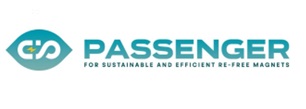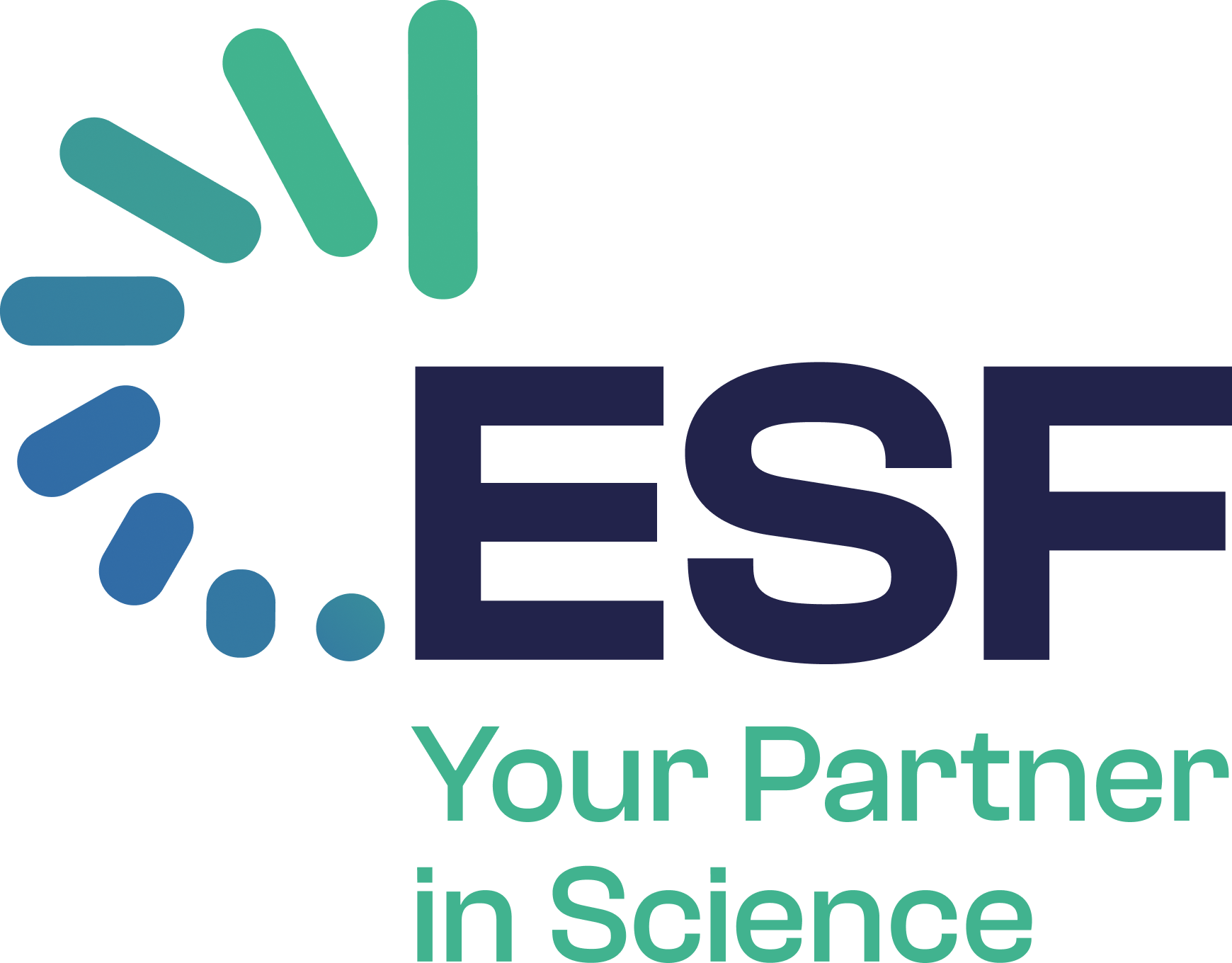PASSENGER

PASSENGER (Pilot Action for Securing a Sustainable European Next Generation of Efficient RE-free magnets)
Project Summary
PASSENGER (Pilot Action for Securing a Sustainable European Next Generation of Efficient RE-free magnets) is a four-year project funded by the European Union from the climate action, environment, resource efficiency and raw materials work programme. The project aims to address the lack of sustainable access to critical raw materials faced by the European Raw Materials sector, where permanent magnets represent one of the most vulnerable categories.
Bearing in mind the importance of permanent magnets in present and emerging technologies, PASSENGER aims to develop innovative solutions for the EU dependency on rare-earth raw materials for permanent magnets, avoiding bottlenecks in the material supply-chain and diminishing the environmental impact. This sustainable substitution model will rely on resources that are widely available in Europe and innovative technologies. It will involve 8 innovative pilot plant activities, covering the whole value chain and including electromobility as a main key-driving sector.
The ambitious project relies on a multidisciplinary consortium involving major European industries, academic leaders, and associations dealing with permanent magnets manufacturing, alloy production, powder fabrication, electric motors, e-vehicles, eco-design and product/process standardisation. The project is thus able to cover the whole magnets production value chain, from studying fundamental properties to the production of high-technology end products, while aiming at making the transition from a linear to a circular model involving citizens, international platforms and relevant stakeholders.
Project Partners
PASSENGER relies on a consortium of 20 partners from 8 European Countries, including key end users and SMEs/LEs for a total of 14 companies.
- Project coordinator: Madrid Institute for Advanced Studies in Nanoscience (IMDEA)
- Metalpine
- Fundación ICAMCYL
- Ingenieria Magnetica Aplicada SL (IMA)
- MBN Nanomaterialia SPA (MBN)
- Kolektor Group (KOLEKTOR)
- Centro Ricerche FIAT SCPA (CRF)
- EIT Raw Materials GMBH (EIT)
- Technischen Universität Darmstad (TUDA)
- Fondation européenne de la science (ESF)
- Industrie ILPEA Spa (ILPEA)
- OSLV Italia s.r.l. (OSLV)
- Spanish Association for Standardization (UNE)
- BARLOG Plastics GmbH (BARLOG)
- MNLT Innovations IKE (MNLT)
- Tizoona Motors S.L. (TIZONA)
- Jožef Stefan Institute (JSI)
- Smart Waste Engineering (SWE)
- Wilo SE (WILO)
- Less Common Metals (LCM)
Role of ESF
ESF leads the work package on dissemination, communication and integration, ensuring timely, effective and informative communication of the project results. The ESF also facilitates exchanges and dialogue with external actors and stakeholders, enhancing the overall impact of the project and increasing public awareness.
Timeline & Funding
PASSENGER receives funding by the European Union’s Horizon 2020 research and innovation programme under grant agreement No 101003914. The European Union contributes to the project with €8.9 M of the €11.3 M total budget. The project will last for four years (2021-2025), starting in May 2021.
Project Website

This project has received funding from the European Union's Horizon 2020 research and innovation programme under grant agreement No 101003914
